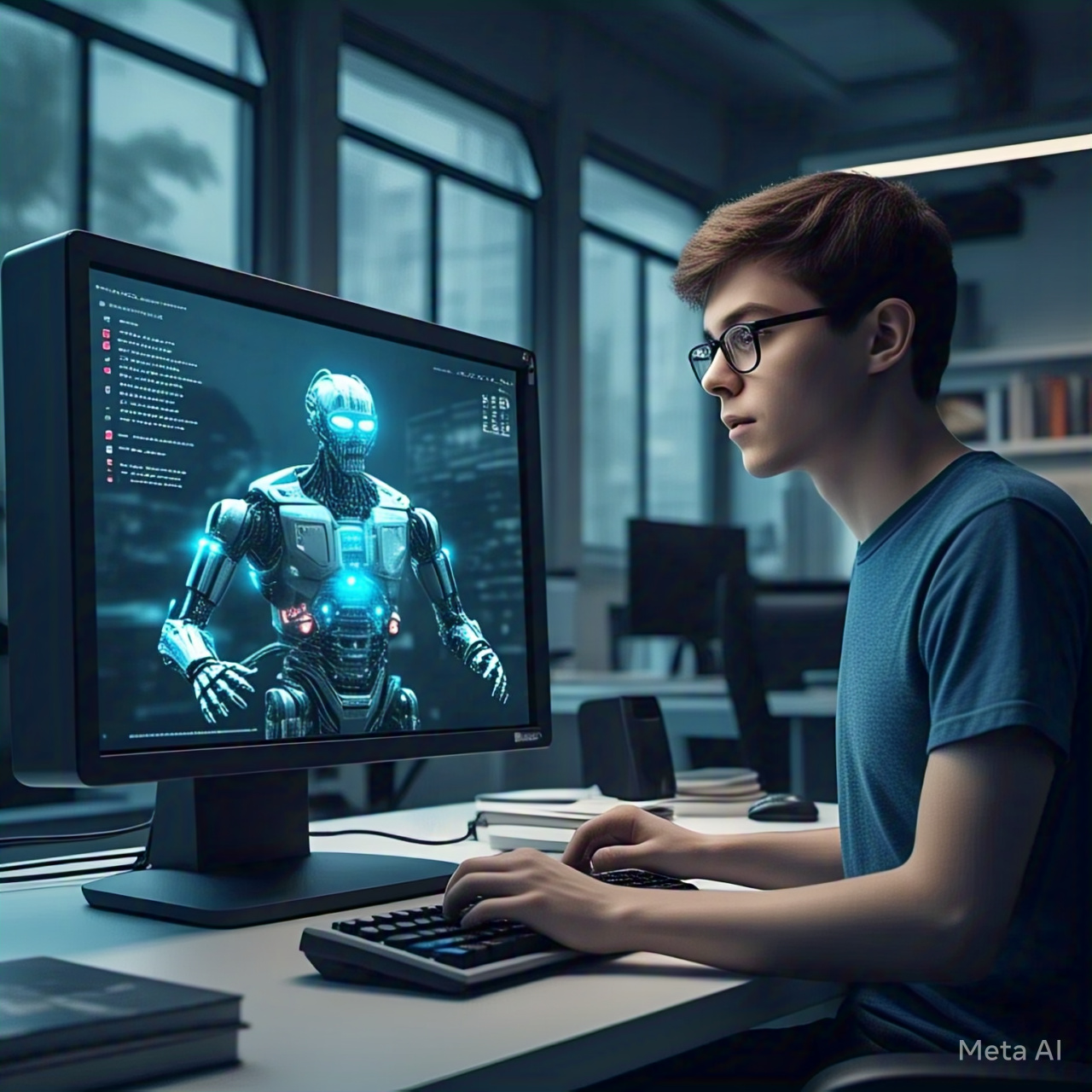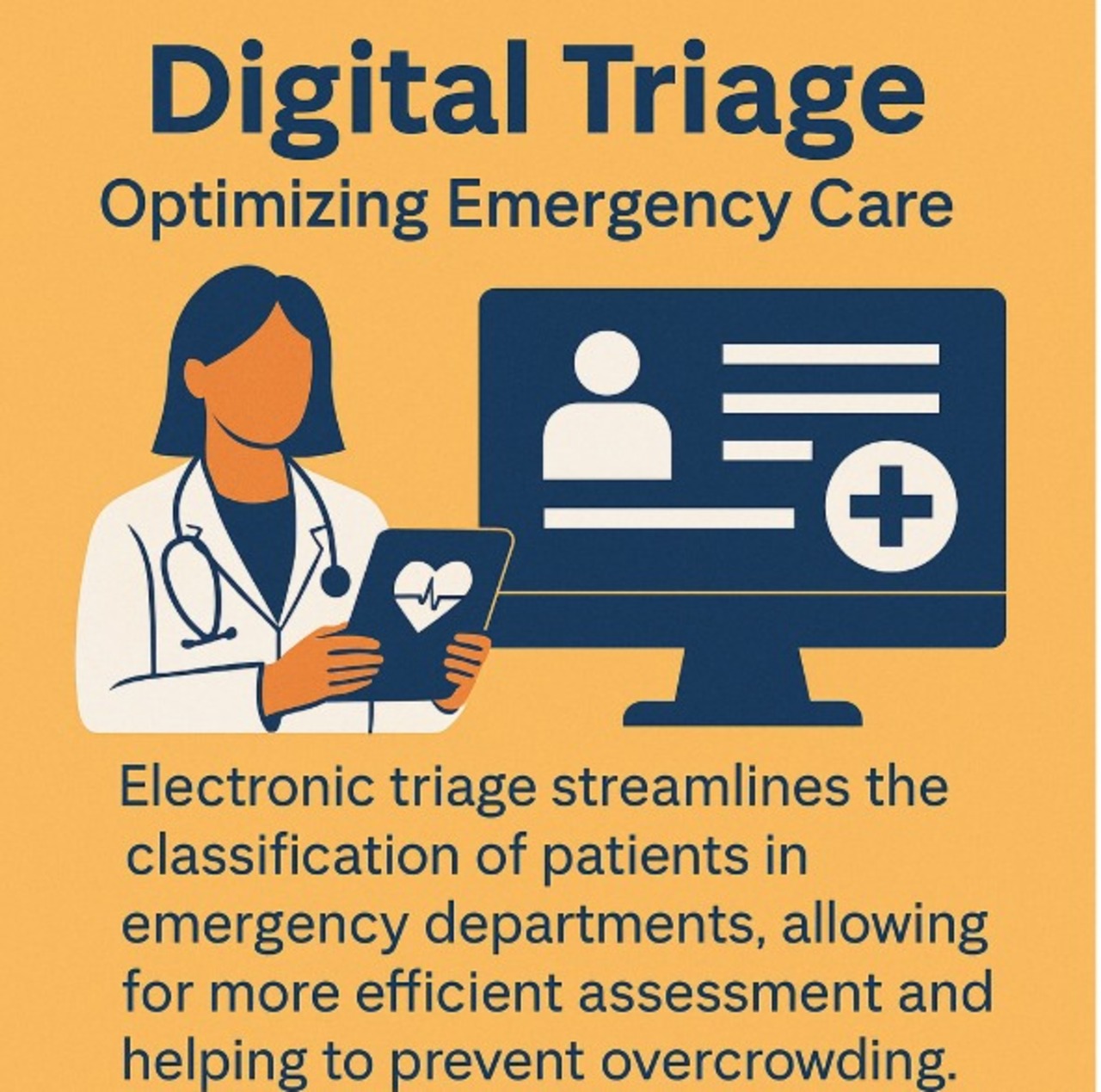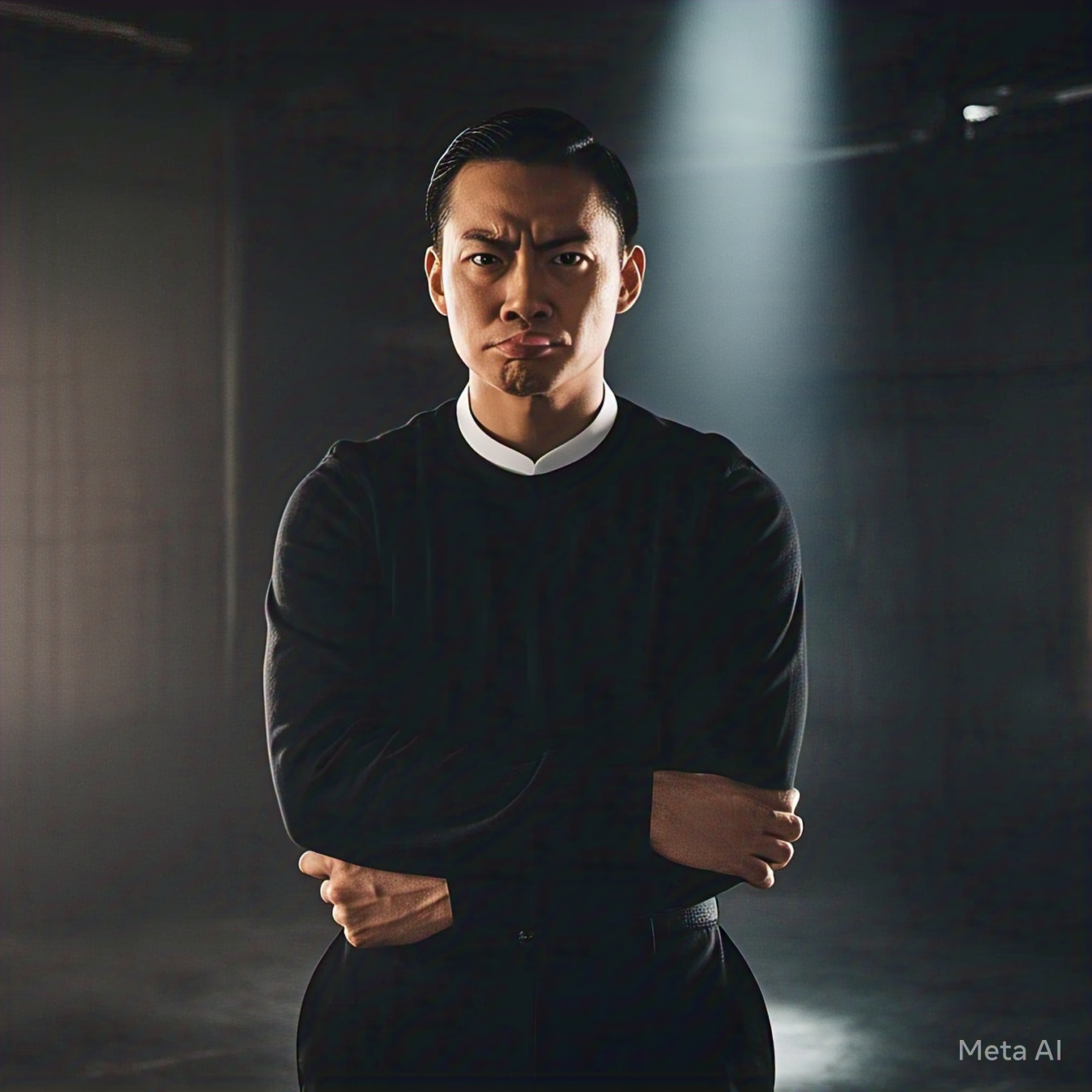
AI Is Definitely Not Suitable for Psychotherapy
Experts warn that using AI as psychotherapy is dangerous: "It has no clinical training, nor does it understand empathy or irony."
Artificial Intelligence Is Definitely Not Suitable for Psychotherapy
Experts warn of the dangers of using AI as therapy: “It has no clinical training and does not understand empathy or irony.”
Artificial intelligence (AI) has revolutionized countless fields, from medicine to education, offering innovative and accessible solutions. However, its venture into the mental health space has sparked serious debates and concerns. While chatbots and advanced language models may provide information or some level of emotional support, experts warn of the serious dangers of using them as substitutes for traditional psychotherapy.
The inherent limitations of AI in psychotherapy
Current AI models lack clinical training and the ability to understand essential human nuances such as empathy, irony, and emotional complexity. As Argentine psychologist Cecilia Crivelli points out, "It has no clinical training and does not understand empathy or irony." This gap can lead to misinterpretations and inappropriate responses, potentially harmful to individuals in vulnerable situations.
The risks of replacing therapists with chatbots
Using chatbots as substitutes for licensed human therapists carries several risks:
Incorrect diagnoses: AI can suggest diagnoses without a proper evaluation, leading users to self-diagnose and make inappropriate decisions.
Lack of empathy: Human interaction in therapy provides an emotional connection that AI simply cannot replicate. The absence of this empathy may limit the effectiveness of treatment and negatively affect the patient’s well-being.
Confidentiality issues: Conversations with chatbots may be stored on servers without robust privacy guarantees, exposing sensitive information to potential security breaches.
The impact on young people and tech dependency
AI’s accessibility has made many young people turn to chatbots for emotional support. While these tools may offer temporary relief, there is a real risk of them replacing the essential human interaction needed for healthy emotional development. Reports show that some adolescents are using AI to manage anxiety or depression, but in extreme cases, this could foster severe dependency.
Alarming cases and calls for regulation
There have been alarming incidents involving the misuse of chatbots in therapeutic contexts. For example, in the U.S., a teenager died by suicide after interacting with a chatbot posing as a licensed therapist. Cases like this have led professional associations to demand stricter regulations. The American Psychological Association (APA) warns that chatbots acting as therapists could cause "serious harm" to vulnerable individuals.
The irreplaceable human factor
The therapeutic relationship is built on trust, empathy, and a deep understanding of the individual — elements a machine cannot emulate. As highlighted in El País, “Medicine requires precision and a deep understanding of the individual and their illness, aspects in which AI still falls short.” Emotional connection is essential for the healing process, and no algorithm can replace that.
In conclusion, while AI offers valuable tools in many fields, its use as a substitute for psychotherapy is dangerous and clinically unsupported. Mental health treatment requires qualified professionals capable of offering empathy, understanding, and tailored solutions. Society must recognize these limitations and promote responsible use of technology, ensuring the human factor always prevails in therapeutic care.











LEAVE A COMMENT: